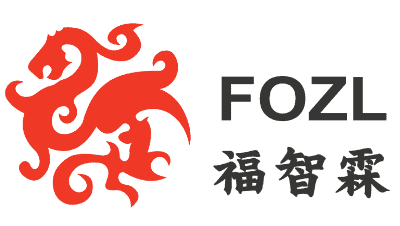
Role of Trademarks
2018-01-23
Trade Mark Requirement
2018-02-05
Consolidated Statement
In accordance with IFRS 10, when an entity controls one or more other entities, the financial statements need to be consolidated.
Article 10 of IFRS stipulates that the parent company shall prepare and display the consolidated statements according to the quasi-side.
Definition of consolidated statements: The financial statements of a group in which the assets, liabilities, equity, income, expenses and cash flows of the parent company and its subsidiaries are presented in the financial statements as those of a single economic entity.
Definition of Control of an investee: An investor controls an investee when the investor is exposed, or has rights, to variable returns from its involvement with the investee and has the ability to affect those returns through its power over the investee.
Definition of control:
An investor determines whether he or she is a parent by assessing whether he or she controls one or more of the investees. An investor considers all relevant facts and circumstances when assessing whether he or she controls the investee. When the investor is exposed or entitled to variable returns as a result of its involvement with the investee, the investor controls the investee and has the ability to influence those returns through its authority over the investee. [IFRS 10: 5-6; IFRS 10: 8]
The investor controls the investee if and only if the investor has all of the following elements: [IFRS 10: 7]
- Power over the investee, that is, the investor has existing rights that enable it to direct the relevant activities (activities that have a significant impact on the investee’s returns).
- Exposure, or rights, to variable returns from its involvement with the investee.
- The ability to use its power over the investee to influence the amount of the investor’s returns.
Note:
Power arises from rights. Such rights can be straightforward (e.g. through voting rights) or complex (e.g. embedded in contractual arrangements). Investors that only hold protective rights cannot have power over an investee and therefore cannot control the investee [IFRS 10: 11, IFRS 10: 14].
Investors must be exposed or entitled to variable returns from their involvement with the investee to control the investee. Such returns must have the potential to change based on the performance of the investee and can be positive, negative, or both. [IFRS 10: 15]
A parent must not only have power over an investee and exposure or rights to variable returns from its involvement with the investee, but a parent must also have the ability to use its power over the investee to affect its returns from its involvement with the investee. [IFRS 10: 17].
When assessing whether an investor controls an investee an investor with decision-making rights determines whether it acts as a principal or as an agent of other parties. Several factors are considered in making this assessment. For instance, the remuneration of the decision-maker is considered in determining whether it is an agent.[IFRS 10: B58, IFRS 10: B60]

Singapore FOZL Group Pte. Ltd.
Accounting and Corporate Regulatory Authority of Singapore licensed corporate advisory firm.
Singapore Company Registration, Annual Return, Accounting & Tax
Trademark Registration, Corporate Advisory, Serviced Offices.
6 Raffles Quay,#14-02, #14-06, Singapore 048580
Accounting and Corporate Regulatory Authority of Singapore licensed corporate advisory firm.
Singapore Company Registration, Annual Return, Accounting & Tax
Trademark Registration, Corporate Advisory, Serviced Offices.
6 Raffles Quay,#14-02, #14-06, Singapore 048580

